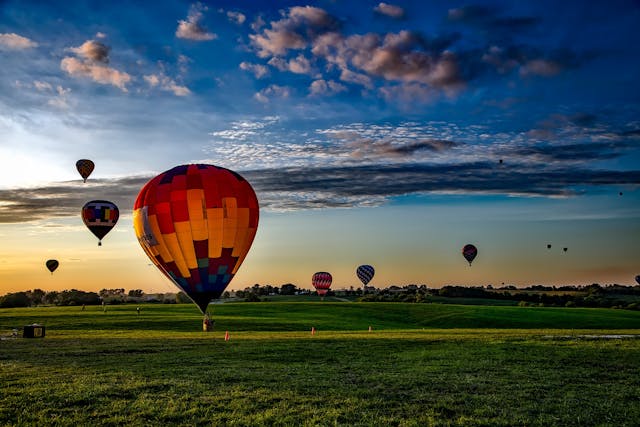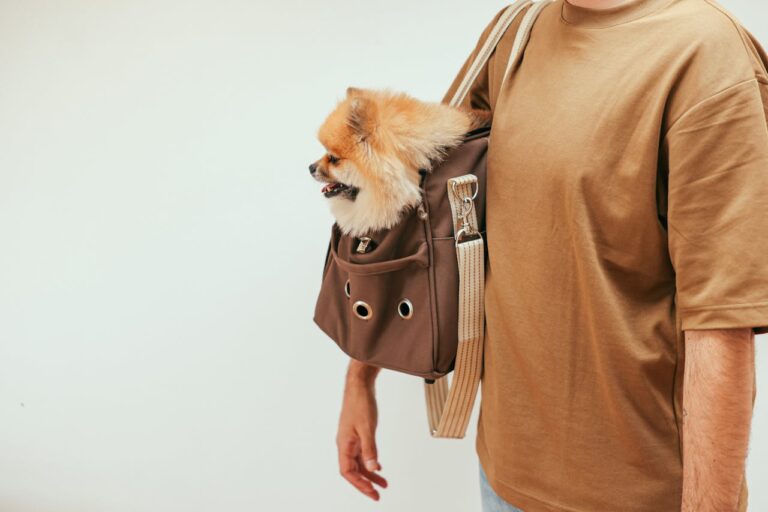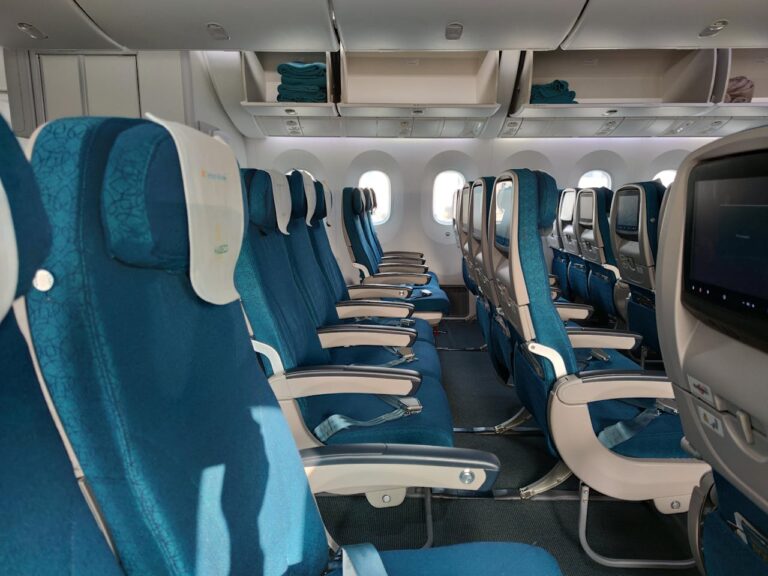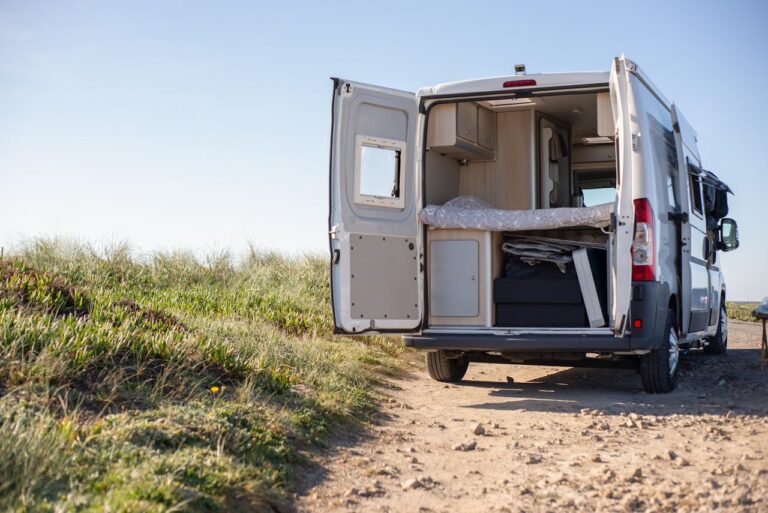Write Us: hello@ali5.org
The Psychology of Travel: Why Going Somewhere New Changes You
Discover the psychology of travel and how exploring new destinations can reshape your mindset, boost creativity, and transform your perspective on life.
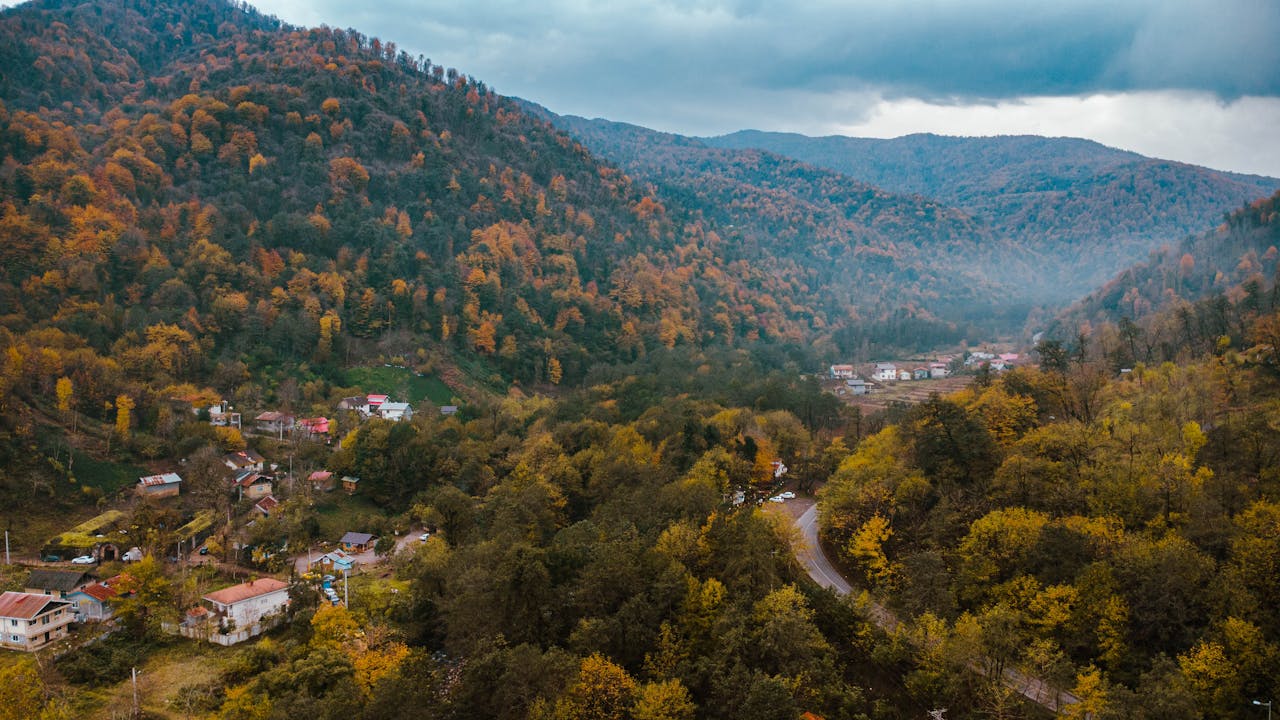
When you get off a plane in a new place, things feel different for a reason. Your nerves get stronger. You can see, hear, and smell things more clearly. Everything feels exciting, even small things like learning how to use a new subway system or trying food you can’t quite name.
You can post pretty pictures on social media from your trips, but they also change the way you think, feel, and see the world. There is one thing that psychologists have found over and over again: going somewhere new can change you in ways you might not expect.
1. Going to new places makes your brain work better
Your brain does nothing when you’re doing the things you do every day. It’s easy for you to get to work, the store, and the coffee shop in the neighborhood. There’s relief in that, but not much new there.
Travel breaks up that pattern. Your brain has to pay attention again, all of a sudden. Where is the train stop? How do you say hello to someone here? What’s with the smell of fresh bread in this street?
Neuroscientists call this the power of your brain to make new connections, “neuroplasticity.” Your brain becomes more flexible and able to adapt to new events the more you experience them.
2. It makes you see things in a new way
When you see how other people live, you have to question what you think you know. You might learn that not everywhere has your “normal” food or that people you don’t know can be nicer than you think.
You learn that there are many ways to live a good life, and that your way is just one of them, when you travel. This is what scientists mean by “cognitive flexibility”: being able to change the way you think and accept new points of view.
3. You make yourself stronger
It’s not always easy to travel. You’ll get lost. You are going to order something you can’t eat. You could even miss the bus and have to figure out what to do next.
You become stronger every time you figure out a small journey problem. Yourself is show that you can handle doubt. The same skill helps you stay calm and sure of yourself when things go wrong in your daily life.
4. It makes relationships stronger
When you travel with family, friends, or a partner, sharing events makes your bonds stronger. Even the hard things, like having to drag your bags through the rain, turn into “remember when” stories that bring you closer.
And if you travel by yourself, you might quickly and genuinely connect with people you don’t know. It’s possible to become more open and understanding after meeting people from different backgrounds. This can last over time.
5. Traveling changes the way you see time
Because your routine is always the same at home, weeks can blend. Every day feels different when you move. You remember the day you walked to that waterfall or the night you got lost in a lantern market.
Psychologists say this happens because new things make you feel like time moves more slowly. Traveling makes life seem longer, but not in a dull way. It makes life more interesting and unique.
6. It makes you more creative
Many artists, writers, and businesspeople indeed say that traveling helps them get ideas. When you see, hear, and experience new things, your brain has to make new associations.
You can be more creative in your work, whether you’re writing, creating, or just coming up with new ideas, when you look at how other people solve problems or show beauty.
7. It lets you take a break from your “role”
People who know you well are around you at home, like your boss, your neighbors, and your school friends. That’s not a bad thing, but it means you have to play the part they want you to.
You can break out of those roles when you move. You are “the traveler,” so you don’t have to worry about what other people will think when you try new things, meet new people, or even act differently. It’s amazing how freeing that freedom can be.
8. You get used to having less
You learn how little you need to be happy when you travel, especially when you travel for a long time or on a budget. As time goes on, you learn that comfort isn’t always about having more stuff. Sometimes it’s about connections, experiences, and moments.
That way of thinking often follows you home, which makes you less stressed about things and more focused on what really counts.
9. Travel makes you happier (even before you go)
Studies have shown that just thinking about making a trip makes people happier. Positive expectation, which comes from looking forward to new things, can make you feel better for weeks.
What about after the trip? You can use the memories you make as a personal happy bank whenever life gets dull.
10. It makes you stronger on your own
Traveling makes you depend on yourself because you have to find your way around new streets and figure out how to change money. Finding the right bus or negotiating a fair price are both small wins that make you feel better about yourself.
You might be more willing to take chances and trust your judgment in other parts of your life if you feel free.
How to Get the Most Out of the Good Effects of Travel on Your Mind
- Spend time in neighborhoods, shops, and parks in the area instead of just visiting tourist spots.
- Learn a few sentences. Knowing just a few words in the language can help you connect with people better.
- Take your time. Instead of rushing through 10 towns, stay longer in a few.
- Stay interested, ask questions, try new things, and talk to people who live there.
- Keep a journal or take pictures during your trip to help you understand and remember it.
Last Thoughts
There’s more to travel than just location. There’s also psychology to it. You change into a different person every time you go somewhere new. You change how you learn and how you see the world.
Right now is the time to make that trip happen because it might change you in ways that you’ll remember for the rest of your life. And that is a nice gift to keep.
